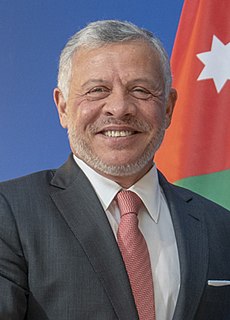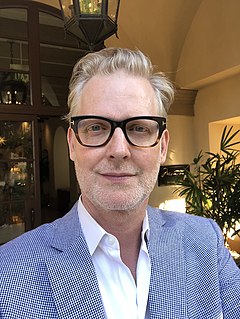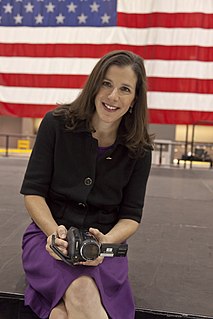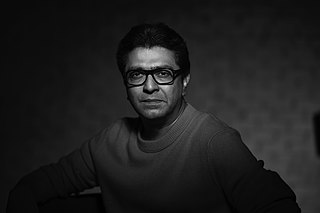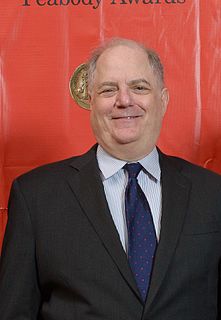A Quote by George W. Bush
It's amazing I won. I was running against peace, prosperity, and incumbency." —George W. Bush, June 14, 2001, speaking to Swedish Prime Minister Goran Perrson, unaware that a live television camera was still rolling.
Related Quotes
The Bush campaign for re-election has officially begun. They're actually running television commercials. Have you seen any of the television commercials? In one of the commercials, you see George Bush for thirty seconds. In another commercial, you get to see George Bush for sixty seconds - kind of like his stint in the National Guard.
I like [ Rick] Santorum personally and respect him, but you wouldn't say that he was really that strong of an opponent. At the end of the day it wasn't like [Ronald] Reagan running against [George] Bush, or [George W.] Bush against [John] McCain, even. It's sort of surprising that Romney had as much trouble as he did, and I think it shows a weakness in appeal to those voters.
I was a very senior minister in the Howard government and I sat around this particular table [in the prime ministerial office] in many discussions. The difference between being a senior minister and the prime minister is that ultimately the buck does stop with the prime minister and in the end the prime minister has to make those critical judgement calls and that's the big difference.
There are some issues where ministers should come and talk to the prime minister, if the prime minister hasn't already talked to them. Any issue which a minister thinks is going to be profoundly controversial, where we do not have a clear existing position, it is important that there be a conversation between the minister and the prime minister. I think they all understand that and I think it is working very well.
In our party, for the post of the prime minister or chief minister, there is no race, and nor does anyone stake their claim. Who will be the prime minister or chief minister, either our parliamentary board decides on this or the elected MLAs, in the case of chief minister, and MPs, in the case of the prime minister, select their leader.

